We’ve all experienced having a lull in the afternoon and started thinking about that coffee machine or wanting to grab a sugar-filled cookie. There are no surprises here; the Centers for Disease Control and Prevention (CDC) reports that 80% of adults consume caffeine daily. However, is it an appropriate energy strategy for sustainability? Not necessarily.
A 2020 RestoreZ survey revealed that almost half of the people suffer from decreased energy levels by noon. It could be your diet, your jam-packed schedule, or maybe the one habit you need to break for more energy: not getting enough sleep.
The “Sleepy” Elephant in the Room
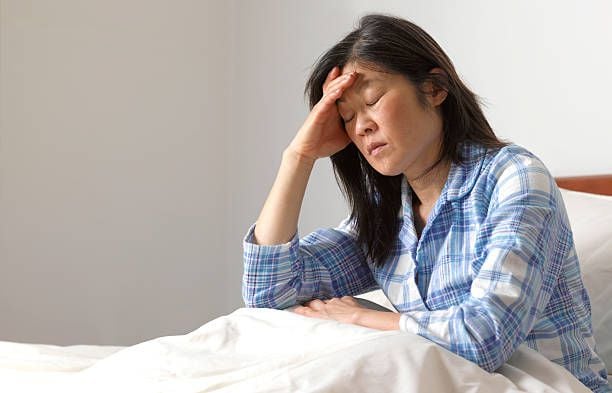
All of us have seen movies where characters wake up looking bright and beautiful – think of Disney’s princesses. In real life? Not so much. The American Academy of Sleep Medicine stipulates that most adults require at least seven hours of sleep, but the CDC reveals that 1 in 3 adults do not get that much. Your poor sleep pattern is the first bad habit to eliminate for more energy.
Sleep deprivation is not a badge, and hustle culture needs to cool down. Sleeping is vital. Not enough sleep causes heart disease and depression and may even lead to job accidents in the long run.
The Science of Tiredness

In simple words, what happens when you miss your sleep? MedlinePlus posits that lack of sleep results in tiredness and disrupts the amount and quality of sleep. Even a 2023 review in StatPearls argues that sleep is involved in energy conservation and restoration, influencing tissue growth and muscle repair processes.
The stress hormone cortisol is caused by chronic sleep deprivation. In a cascading order, this will cause higher cortisol levels to lead to a greater likelihood of mood disorders, including depression and anxiety, which will interfere with your sleep and energy.
Sleep = Mood Booster

Have you ever heard of GABA and serotonin? Poor sleep can result in reduced testosterone levels that, in turn, lower these neurotransmitters. Low levels of GABA and serotonin can affect your sleep quality and leave you feeling drained.
However, a recent StatPearls (2023) review states that inflammation is associated with insufficient sleep. You may be suffering from more inflamed fatigue due to elevated markers like C-reactive protein and interleukin-6. Therefore, before going to the caffeine wagon, it is important to check your sleeping problem.
Timing Your Caffeine Right
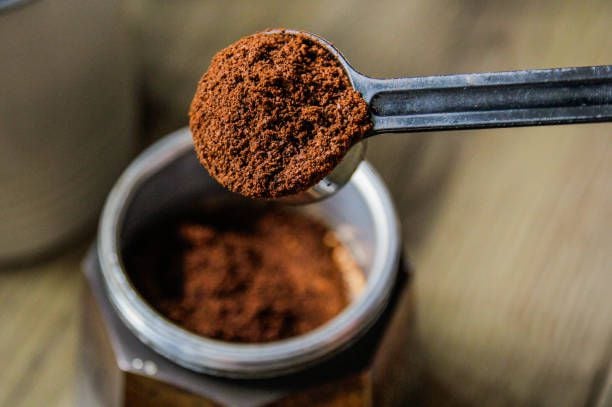
Mentioning caffeine, it’s not entirely the enemy. It’s all about timing. A study in the Journal of Clinical Sleep Medicine recommends ending your caffeine consumption at least six hours before going to bed. Looking for an alternative? Choose coffee or tea without caffeine.
Do you feel thirsty? one needs to ensure that you remain hydrated as well. It is important to take water because it constitutes 75% of your brain. In a 2022 study, adequate hydration was connected to better cognitive function, Mood, and energy levels. However, be careful not to do it too close to going to bed, as you may find yourself taking many breaks at night that ruin your sleep.
Consistency is Key
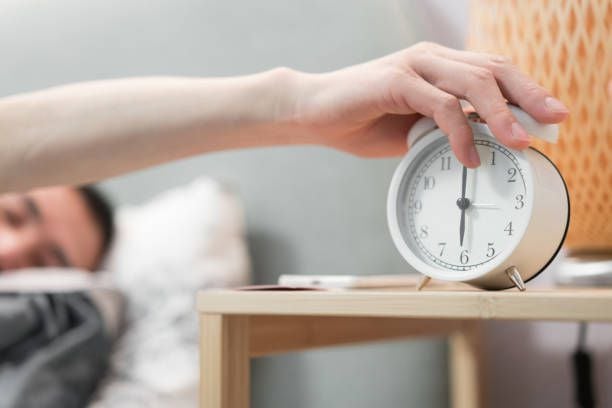
We understand that you may be sacrificing your sleep time for a marathon watching your favorite series or scrolling through your favorite social media. Yet, a 2020 review finds that sticking to one’s sleep routine is paramount to better health and more sustained energy.
Is your night filled with tossing and turning? Let us get rid of racing thoughts. Carry a notepad with you and write down whatever is troubling you so that you can give your brain a break. It is like a short mind detox that allows you to fall back to sleep more easily.
Eat, Sleep, Repeat
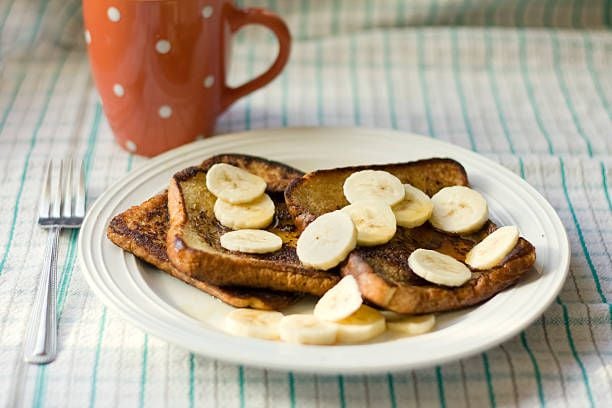
Not all snacks cause insomnia. For instance, nutrient-dense foods such as the Peanut Butter-Banana Cinnamon Toast can help you relax before bed. This means that these balanced meals will give you sustained energy without crashing.
Another sleep-wrecker is stress, which can also disrupt your energy. Stress can be effectively overcome through healthy coping mechanisms such as exercise, meditation, and talking to someone. Avoid alcohol. It’s a sleep and stress interrupter in masquerades.
Seek Professional Help

Are you still having trouble with sleep? Perhaps it’s time to dig deeper. Insomnia, sleep apnea, narcolepsy, and similar sleep disorders are no joking matters. They could have devastating effects on your health and levels of energy.
Chronic insomnia is more common in a third of the US population. It’s not simply wanting to be asleep; continuous sleep deprivation can be dangerous for someone and result in issues such as diabetes, heart disease, or chronic pain. Therefore, do not be shy and consult.
How can I have more energy?
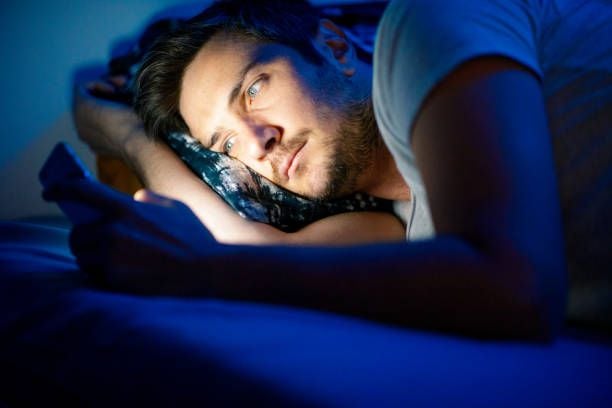
There is no substitute for the vitality of high-quality sleep. Take these tips to improve your sleep routine and wake up refreshed.
Other times, the lack of sleep may be beyond your control, resulting from external sources or because of medical reasons. Never fail to seek medical assistance in such cases. Sleep is not just a luxury but a necessity for good health and vitality.
How Diet Helps To Boost Energy

Many talk about caffeine, but the energy equation is more than your morning brew. Your energy level has a lot to do with your diet. Instead, you will feel perpetually exhausted if you restrict carbs or cut calories drastically for weight loss. To function efficiently, your body requires the right fuel, and skimping on nutrients results in low energy levels. Moreover, you can be easily drained of your energy due to the busy schedules you follow and needing to take more water.
Fatigue is often caused by dehydration. Much of your brain comprises water, and current studies suggest a connection between hydration and cognitive function. It’s important to keep oneself adequately hydrated. Nonetheless, do not drink a lot of water before bedtime; this will keep you awake, and frequent trips to the toilet will keep you from having a good night’s sleep. Your energy levels are maintained on the balance between hydration and timing.








































